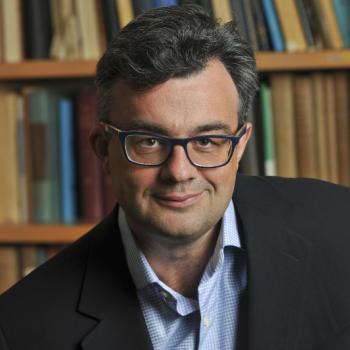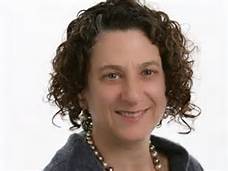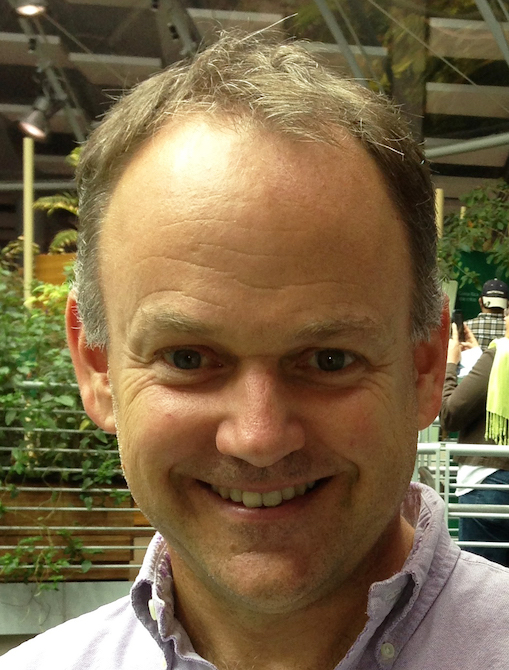Keynote Speakers
STOC 2018 will have three keynote speakers:
Emmanuel Candès

Emmanuel Candès is the Barnum-Simons Chair in Mathematics and Statistics at Stanford University.
Time: Tuesday, June 26, 8:50-9:50 am.
Title: Sailing through Data: Discoveries and Mirages
Abstract: The big data era has created a new scientific paradigm: collect data first, ask questions later. When the universe of scientific hypotheses that are being examined simultaneously is not taken account, inferences are likely to be false. The consequence is that follow up studies are likely not to be able to reproduce earlier reported findings or discoveries. This replicability failure bears a substantial cost and this talk is about new statistical tools to address this issue. In the last two decades, statisticians have developed many techniques for addressing this look-everywhere effect, whose proper use would help in alleviating the problems discussed above. This lecture will discuss some of these proposed solutions including the Benjamin-Hochberg procedure for false discovery rate (FDR) control and a new procedure called the knockoff filter, a method which reliably selects which of the many potentially explanatory variables of interest (e.g. the absence or not of a mutation) are indeed truly associated with the response under study (e.g. having the Crohn’s disease or not). We will make sure that the methods and concepts are easily accessible to researchers working in theoretical computer science and machine learning.
Cynthia Dwork

Cynthia Dwork is the Gordon McKay Professor of Computer Science at the Harvard Paulson School of Engineering, the Radcliffe Alumnae Professor at the Radcliffe Institute for Advanced Study, and Affiliated Faculty at Harvard Law School.
Time: Wednesday, June 27, 8:50-9:50 am.
Title: The Emerging Theory of Algorithmic Fairness
Bruno Olshausen

Bruno Olshausen is a Professor in the Helen Wills Neuroscience Institute and School of Optometry at UC Berkeley, and the Director of the Redwood Center for Theoretical Neuroscience.
Time: Thursday, June 28, 8:50-9:50 am.
Title: Perception in Brain and Machines
Abstract: The quest to understand intelligence in brains and to build it in machines is certain to become one of the great scientific and technological endeavors of the 21st century. Here I shall present a multidisciplinary perspective that sees both neuroscience and engineering as trying to solve a common set of core problems. I shall draw upon three examples in the study of perception: 1) neural coding strategies in the retina and cortex, which may be understood in terms of efficient coding principles; 2) recurrent computation and feedback, which are thought to play an important role in perceptual inference, and 3) active sensing and sensorimotor loops, which are present in all animals from jellyfish to primates and are crucial to the function of any autonomous system.